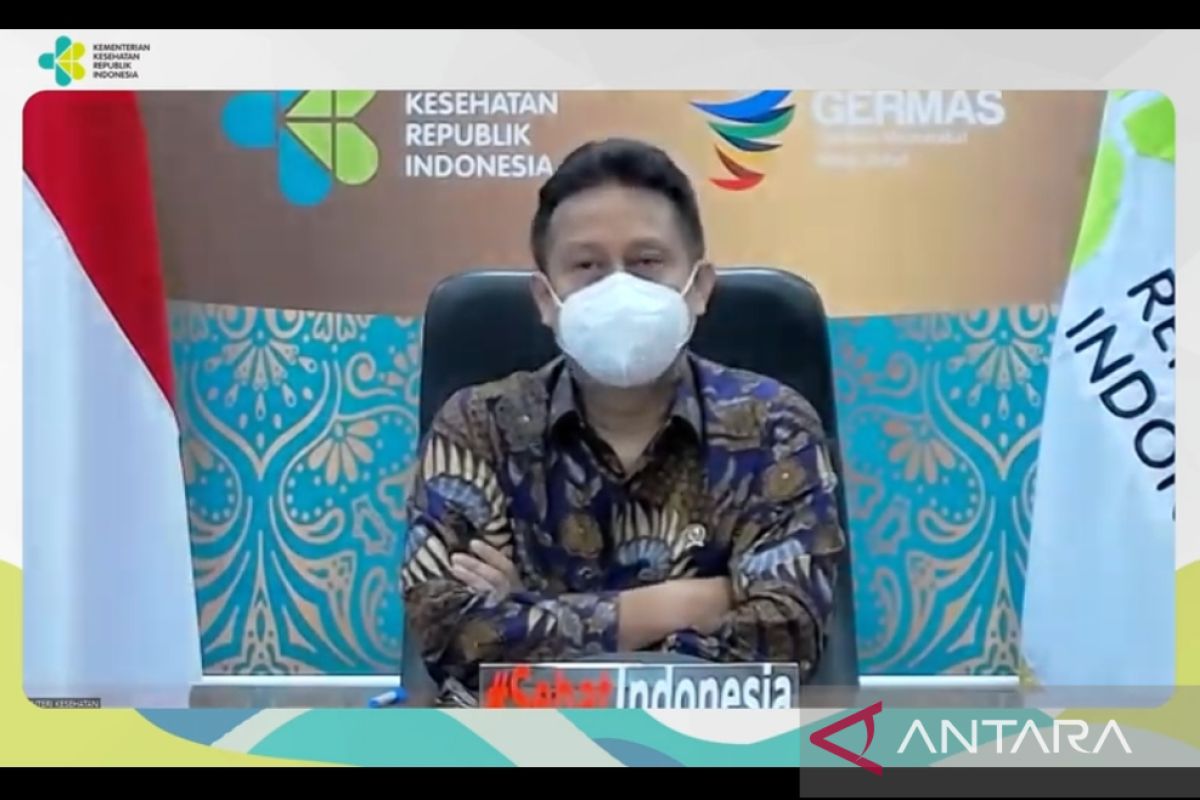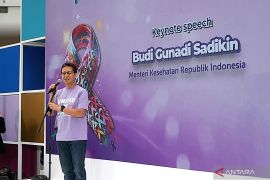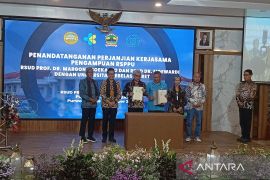"We continue to monitor its progress, and there is a lot of additional information. In general, the progress is quite good," Sadikin noted through a virtual press conference in Jakarta on Thursday.
The minister remarked that the investigation process was conducted in collaboration with the Indonesian Health Ministry, World Health Organization (WHO), the United States, and the United Kingdom in an effort to find the cause of acute hepatitis.
Sadikin remarked that the Adenovirus strain 41 might be the cause of acute hepatitis. However, this had yet to be proven by further research.
The Ministry of Health is still conducting an investigation through a complete virus panel examination and an epidemiological investigation to uncover further details about the cause of this disease.
"Hepatitis is indeed a big issue, and not all of the information reaches the public. We will convey it on another occasion," he remarked.
Spokesperson for the Ministry of Health, Siti Nadia Tarmizi, stated that during the investigation process, the public should increase vigilance by always implementing health protocols.
"During the investigation period, we urge the public to be careful and remain calm. Please take precautionary steps, such as washing hands, ensuring food is cooked and clean, not changing eating utensils, avoiding contact with sick people, and continuing to implement health protocols," Tarmizi emphasized.
The spokesperson also noted that acute hepatitis was not likely to become a pandemic since the increase in the number of cases was quite slow. So far, only six countries had reported more than six patients.
Related news: Parents play vital role in preventing acute hepatitis: Surabaya Mayor
On a separate occasion, consultant pediatrician of Gastro Hepatology from the University of Indonesia, Hanifah Oswari, stated that the initial suspected causes of acute hepatitis were Adenovirus, SARS CoV-2, and ABV virus. The virus attacked the patient's gastrointestinal tract and respiratory tract.
To prevent the risk of infection, Oswari suggested parents to increase their vigilance by taking preventive measures, including maintaining personal and environmental hygiene.
"Maintain cleanliness by washing hands with soap, ensuring consumption of food that is cooked or the beverage consumed is clean, not sharing eating utensils with other people, and avoiding contact of our children with sick people," he reminded.
Related news: Most acute hepatitis patients in Jakarta aged under 16
Translator: Andi Firdaus, Resinta S
Editor: Rahmad Nasution
Copyright © ANTARA 2022












